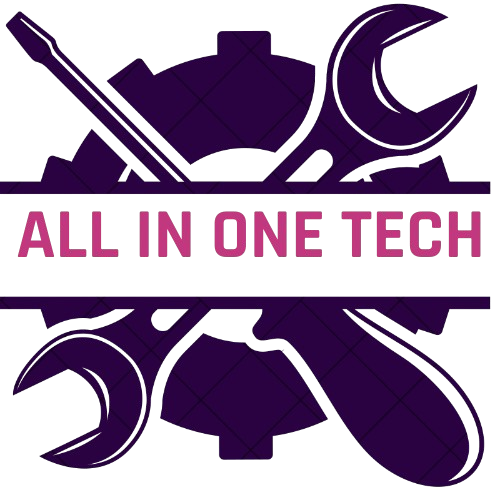Given the arrival of a new White House administration, federal agencies should view this moment as an opportunity to alter their approach to digital transformation to ensure they maximize the benefits promised by new and integrated technology.
If the initial phase of government digital transformation meant deploying new software to automate old processes, the next generation of transformation initiatives will integrate five critical components – application modernization, AI, cybersecurity, customer experience and management consulting – to give agencies an opportunity to reimagine their organizations and processes in a more holistic way.
Below, we look at the five components of government digital transformation and how they come together to truly advance how agencies can better execute mission objectives.
Application modernization
Often, the modernization of software code that underlies and supports the government mission serves as the foundation for digital transformation. When integrated with other components of transformation such as cybersecurity and AI, application modernization can have an enormous impact.
Take, for example, the importance of SecDevOps, a discipline that combines agile software development with a cybersecurity by design approach that addresses the problem of organizations implementing cybersecurity into systems as an afterthought. By integrating AI into SecDevOps initiatives, agencies can maximize the benefits of these endeavors in terms of the speed of systems development, automation of testing and vulnerability detection, the effectiveness and efficiency of those systems, and ultimately, the cost of developing those systems. They can speed up development and inject the ability to prototype and pilot things before launching major initiatives.
AI
The rapid advances in AI present an opportunity to take all government digital transformation initiatives to the next level. Beyond its ability to jumpstart application modernization activities as noted above, it will have a dramatic positive effect on the other components of digital transformation.
For example, AI can be used to integrate multiple data sources together and identify threats and risks for the many public services that agencies provide. Additionally, AI can be leveraged to automate reviews, data analysis and significantly speed up decision making for the agencies.
Cybersecurity
All aspects of digital transformation must result in safe and secure systems and processes, so cybersecurity must be baked into initiatives across the board. As noted above, AI tools can present huge benefits to cybersecurity professionals by automating some of the more time-intensive aspects of their work as well as providing the ability to analyze and react to the barrage of cyber event data they deal with on a daily basis.
Similarly, cybersecurity plays heavily into other components of digital transformation such as application modernization. For example, all software under development must be tested for potential vulnerabilities through scanning, penetration testing and other assessments. By pulling together commercial off-the-shelf AI tools and customizing them to develop an automated testing capability, one Defense organization was able to dramatically reduce the amount of time needed for those tests by 70-80%. This enabled them to deploy new software much faster, securely and at a lower cost.
Customer experience
The intersection of IT modernization and business transformation has resulted in increased recognition of the importance of culture change and people. Consequently, an emphasis on customer experience (CX) and user experience (UX) has come to the forefront of digital transformation discussions.
Like the other components, CX/UX must be baked into all digital transformation endeavors. By applying CX practices, agencies can streamline business processes and ensure that user productivity is an outcome of transformation. For example, when an agency included CX as part of their transformation process, they increased turnaround time for processing by 33%.
Management consulting
Management consulting encompasses a broad range of services, including strategy development, organizational design, and optimizing people and process components, all aimed at driving effective business transformation. Within this context, Organizational Change Management (OCM) has evolved from being a peripheral consideration to a core component of successful digital transformation initiatives.
These advances are not just theoretical; they are already realized by some forward-looking agencies. For example, a CIO of a major civilian agency reported the organization was able to use this integrated approach to decommission a system that had been in place for decades after years of trying. By developing a compelling business case and engaging stakeholders through human-centered design sessions, the organization was able to drum up enthusiasm for the digital transformation, while promoting the needed user behavior changes. The result was a system that eliminated all discontinued software, triggering operations and maintenance savings while increasing efficiency and improving the user experience.
By embracing a holistic view that includes not just technical upgrades but also a focus on people and processes, agencies are realizing substantial improvements in efficiency and service delivery. As these efforts continue to take shape, we can expect to see more examples of agencies not only achieving their transformation goals, but also generating cost savings and ultimately providing a significantly improved user experience for all stakeholders.
Rujuta Waknis is vice president, Digital Solutions at REI Systems. Indunil Ranaviraja is head of Consulting at REI Systems.



